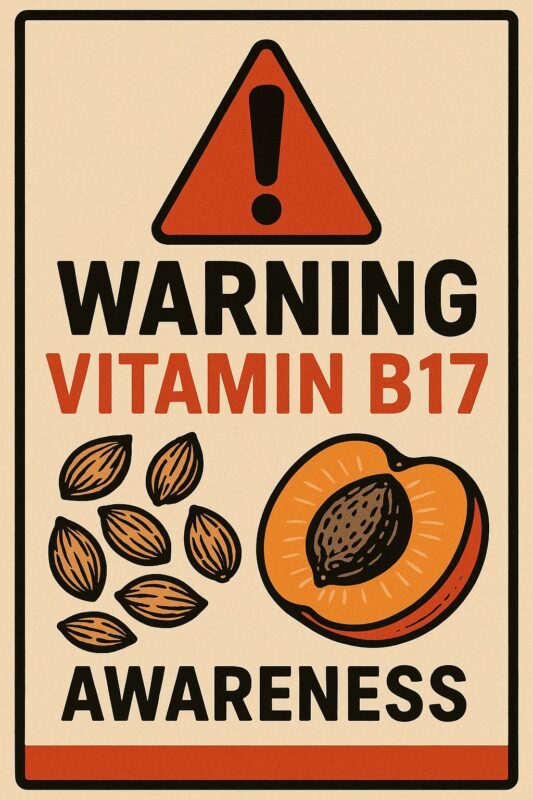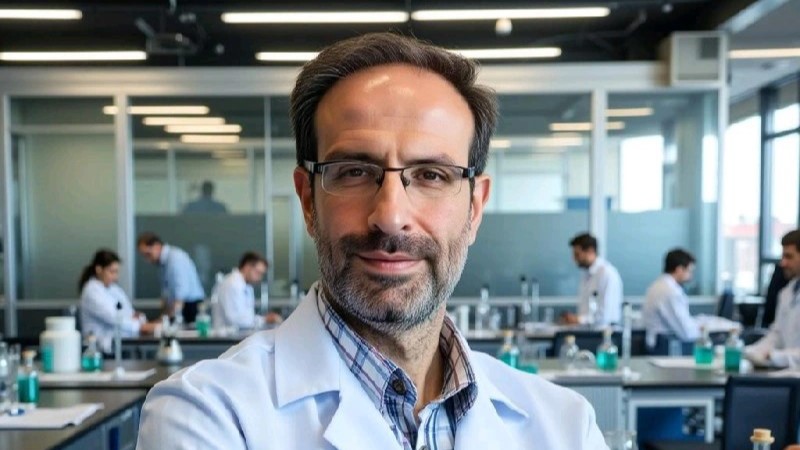Nareg Varjabedian, Regulatory Affairs Team Lead at ClinChoice, shared a post on LinkedIn:
“Vitamin B17”: Natural Cancer Cure or Hidden Cyanide Threat?
In an age where wellness trends go viral before facts are verified, it’s more important than ever to separate evidence from myth—especially when health is on the line.
One claim that keeps resurfacing is that “Vitamin B17” (amygdalin/laetrile)—found in apricot kernels, bitter almonds, and some fruit seeds—can cure cancer. Let’s explore the science and regulatory facts behind this controversial compound.
What Is “Vitamin B17”?
First things first: it’s not a vitamin.
The term “Vitamin B17” is a misnomer popularized in the 1950s. Scientifically, it’s known as amygdalin, a naturally occurring compound found in the seeds of certain fruits. A semi-synthetic derivative called laetrile has been marketed as an alternative cancer treatment since the 1970s.
When ingested, amygdalin breaks down into hydrogen cyanide—a well-known and potentially fatal poison.
The Cancer Claim: Any Truth?
Proponents argue that B17 targets and kills cancer cells while leaving healthy cells unharmed.
However, clinical research tells a very different story:
Rigorous studies, including those conducted by Memorial Sloan Kettering Cancer Center and other global institutions, have found no therapeutic benefit of laetrile/amygdalin in treating cancer.
Instead, what was observed were severe side effects, primarily due to cyanide toxicity—nausea, dizziness, confusion, low blood pressure, and in some cases, fatal outcomes.
Cyanide: A Real and Present Danger
To put things in perspective:
As few as 5–10 apricot kernels can be fatal to a child.
The European Food Safety Authority (EFSA) in 2016 set the maximum safe intake of amygdalin at just 0.37 mg/kg body weight/day—less than one small bitter apricot kernel for an average adult.
A single bitter kernel can contain 3–4 mg of cyanide, far exceeding that threshold.
Global Regulatory Stance
Public health agencies across the world have taken strong positions:
FDA (USA): Laetrile is not approved and considered unsafe.
EFSA (EU): Issued strong consumer warnings.
World Health Organization and American Cancer Society : Oppose its use due to lack of efficacy and documented toxicity.
Banned or heavily restricted in Canada, Australia, EU, and others.
Despite this, products continue to circulate in unregulated markets and alternative medicine circles, often without dosage guidance or safety warnings.
What Can You Do Instead?
There are science-backed strategies for reducing cancer risk:
- Prioritize a high-fiber, plant-rich diet
- Exercise regularly
- Quit smoking and moderate alcohol intake
- Stay updated with HPV and Hepatitis B vaccines
- Screen routinely for breast, colon, and cervical cancers
Let’s continue to advocate for evidence-based practices in cancer prevention and treatment.”

More posts featuring Nareg Varjabedian.


